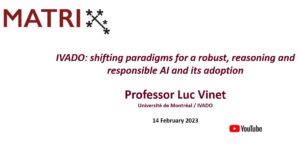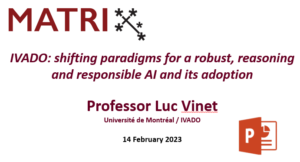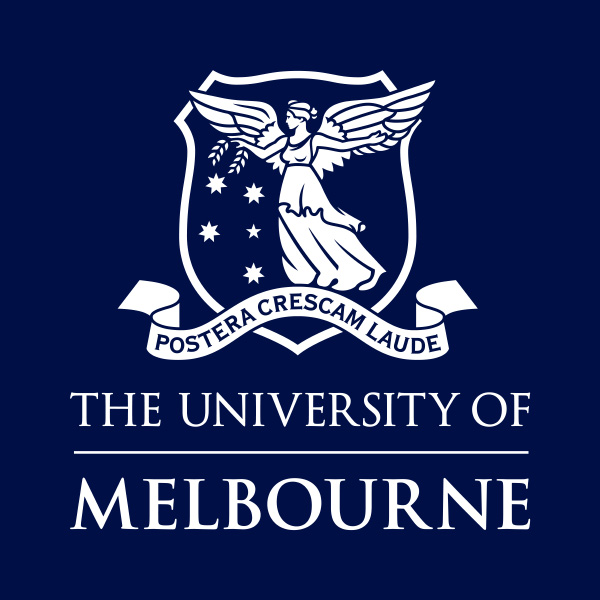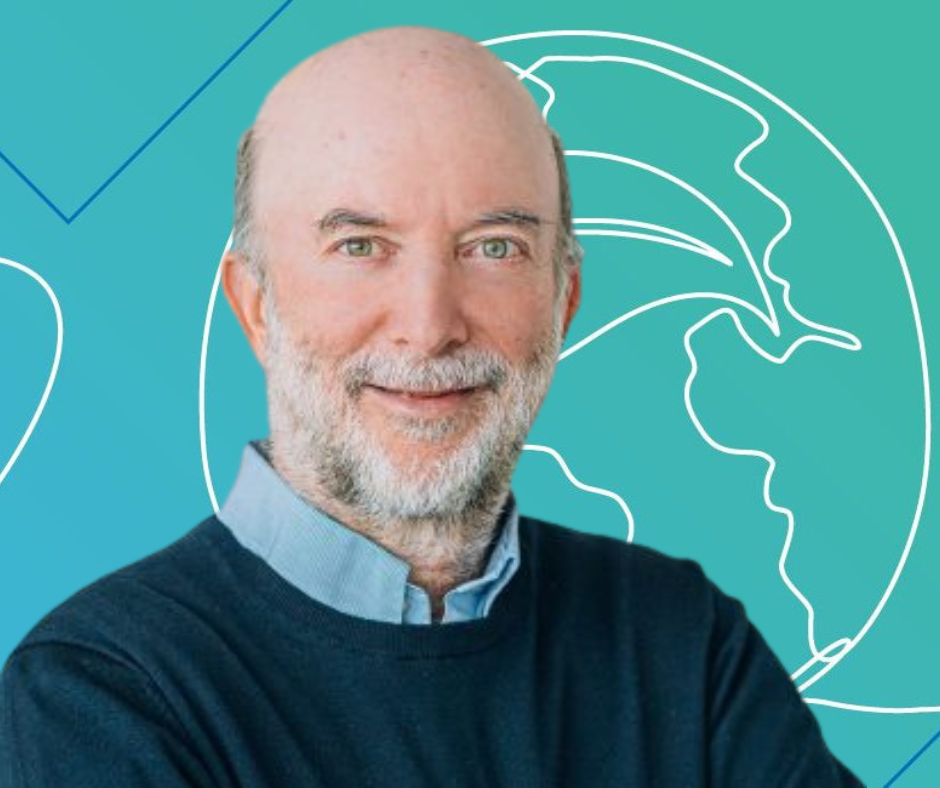-
Tuesday
14 Feb 2023
11:00 am - 12:00 pm
Event Time:
Tuesday, 14 February @ 1100 (AEDT) (Canberra/Melbourne)
Tuesday, 14 February @ 0900 (JST) (Tokyo)
Tuesday, 14 February @ 0800 (CST) (Beijing)
Tuesday, 14 February @ 0530 (IST) (New Delhi)
Tuesday, 14 February @ 0000 (GMT) (London)
Monday, 13 February @ 1900 (EDT) (New York)
Monday, 13 February @ 1600 (PDT) (Los Angeles)
In-person attendance: Russell Love Theatre, Peter Hall Building (#160), The University of Melbourne, Parkville campus, Australia Google map
Remote attendance (via Zoom Webinar)
Presenter: Professor Luc Vinet (IVADO)
Luc Vinet is Aisenstadt Professor of Physics at the Université de Montréal and was appointed as Chief Executive Officer of IVADO in August 2021. Born in Montréal, he holds a doctorate from the Université Pierre et Marie Curie (Paris) and a Ph.D. from the Université de Montréal, both in theoretical physics. After two years as a Research Associate at MIT, he was appointed Assistant Professor in the Physics Department at the Université de Montréal in the early 1980s and promoted to full professorship in 1992. His research interests in theoretical and mathematical physics include: exactly solvable problems, symmetries, algebraic structures, special functions and quantum information.
Biography: IVADO
Topic: IVADO: shifting paradigms for a robust, reasoning and responsible AI and its adoption
Abstract: Created in 2016 with a grant of approximately CAD100m, IVADO is one of Canada’s premier institutes in artificial intelligence. It brings together some 2000 researchers, many distinguished centers and more than 150 organizational partners. Supported by a group of universities led by the Université de Montréal, it is truly multisectoral. I will give an overview of its accomplishments and impacts and of its new strategic plan aimed at generating paradigm shifts in AI and its adoption.
Structure: 45 minutes seminar with 15 minutes question time
Seminar Recording and Slides:

Please click here for the recording of the seminar

Please click here for the presentation slides





